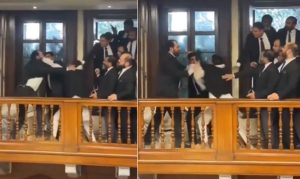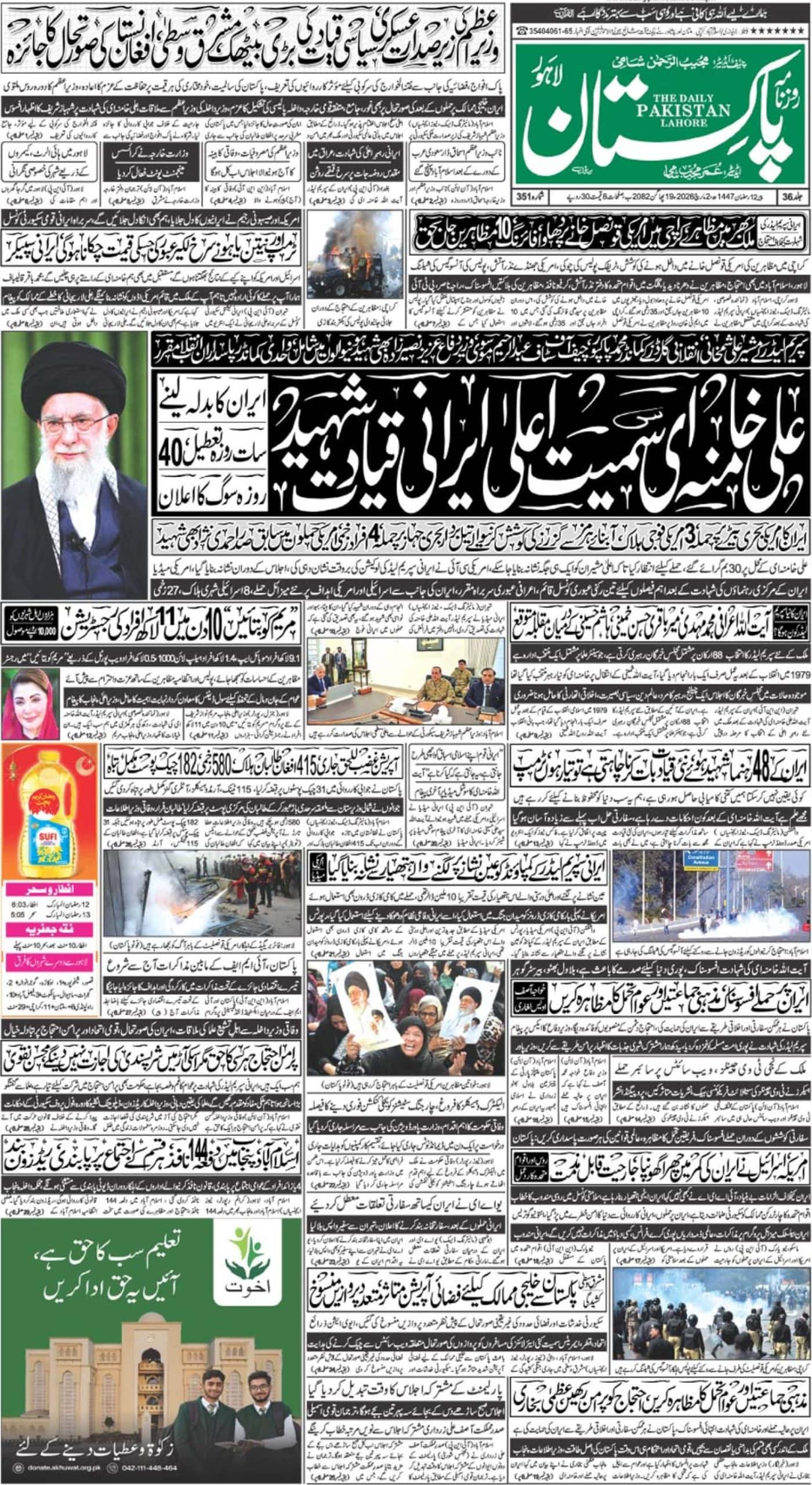RAWALPINDI – Lahore High Court overturned the death sentence of Anika Atiq, a young woman convicted in a controversial blasphemy case involving alleged disrespect toward the wives of an Islamic figure.
After three long years in Adiala Jail’s death cell, the accused has finally been acquitted and ordered released, as Rawalpindi bench of Lahore High Court ruled that her conviction was legally unsound and based on technical flaws.
The dramatic judgment was announced by a division bench comprising Justice Sadaqat Ali Khan and Justice Waheed Khan, who declared that crucial forensic evidence was never produced to support the prosecution’s case. “The forensic of the accused’s mobile phone was not conducted, and it was never proven that the device belonged to her,” the court noted in its brief but decisive order.
Even more shocking was the revelation that the complainant’s phone, belonging to Hasanat Farooq, was also never forensically examined, leaving the digital trail of the alleged blasphemy completely unverified.
The court ruled that accused was non-mahram to the complainant, and there was no established relationship or lawful connection between them, raising serious doubts about the nature and motive of the complaint.
According to case records, Anika and Hasanat reportedly met while playing the online game PUBG, later becoming friends and communicating through WhatsApp, where alleged blasphemous messages were said to have been exchanged. However, no credible digital evidence or verifiable chat record was ever produced in court.
After verdict, the complainant’s lawyer expressed outrage, declaring that the decision would be challenged in the Supreme Court.
On the other hand, defense lawyer Zulfiqar Malooka appreciated acquittal, calling the case “false, fabricated, and a deliberate attempt to trap an innocent woman.”
The case dates back to 2020, when the FIA Cyber Crime Wing registered a complaint against Anika Atiq. Local Court then handed her a death sentence and ordered the confiscation of her property, a verdict that sparked national and international debate over digital evidence and misuse of blasphemy laws.
Blasphemy case registered against Engineer Muhammad Ali Mirza














